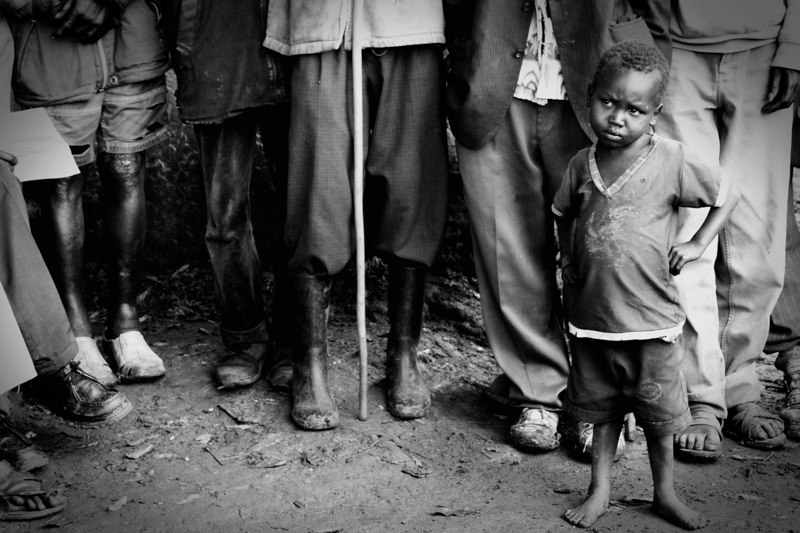In the States, individuals are paralyzed with anxiety from their daily routines and little joy is found in anything. If we see a friend at a coffee shop we have to schedule to have coffee a different time and go on about the day, even though we could have sat down together at that opportunity. We clean the house before the cleaning lady comes and have family meals at fast food chains. We rush getting ready in the morning and there's no time to pray with the kids at bedtime. Every movement of our days is planned according to a delicate schedule with no room for flexibility or spontaneity. That's not living, that's being a robot. Do we even notice the leaves changing colors on the trees or friendly smile of a passing stranger?
I've been reading "The Life You've Always Wanted" by John Ortberg, to fill my mind with positive things instead of the usually oppressing injustices of the world. The chapter I just read was highlighting the reality of our hurried society. We are constantly connected to the world through our cell phones and don't go an hour without checking our Facebook or email. I know Phil and I are on our phones last thing in bed and first thing when we wake up, as if we missed something while sleeping. And to think we could spend that time in conversation together!
It was reading that chapter that I realized how much time I waste each day. I rush to get ready, to meet a friend (while I have my cell phone out and watching the clock), go to the store, catch up on my TV shows before some one gives it away on Facebook, make phone calls... and then I'm exhausted and stressed, with no appreciation for life. I don't have a job right now so one would think I'd enjoy my days, but I'm still too busy to relax or find pleasure in creation.
The other thing I realized is that if I'm in Kenya, or somewhere in the world where no one rushes, I love life. I sit and listen to the birds chirp in the morning, or take in the scent of falling rain on growing grass. I walk slower, carry my phone less, have deeper conversations. My faith is strongest when I'm out of the States, and it might have something to do with actually having time to cultivate a growing relationship with God. The Christian faith is all about intimate relationship with our Lord... yet the only way to have a functioning relationship with anyone is to invest in it, and not be too busy.
We had to cancel our trip to Kenya next month for health reasons, but we still really wanted to go. Kenya is where Phil and I met, and where living makes sense. I bet that living would be easier in the States if we took the time to actually live here, too.
So, in the morning, I'm not going to check my phone first thing. I'll read before I shower, and I'll eat breakfast. I love breakfast (any time of day). I'll call my grandparents and maybe go grocery shopping with a friend. I'll sit outside and watch the bugs. I want to enjoy life every day. Then the harder days will be easier.
Why not live more?
(My new favorite place in the world to enjoy - my backyard)
Living as best I can,
-Dalene

